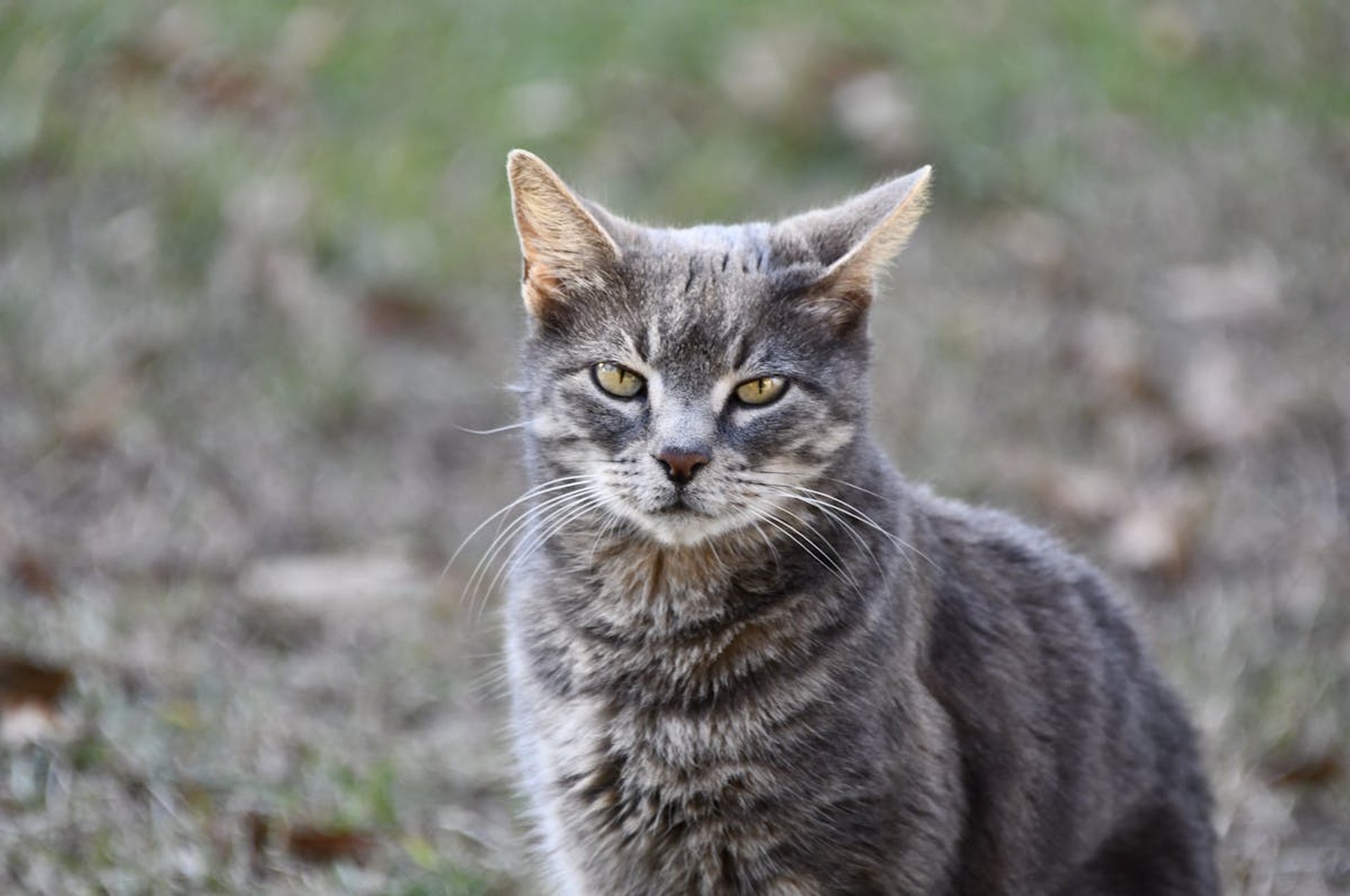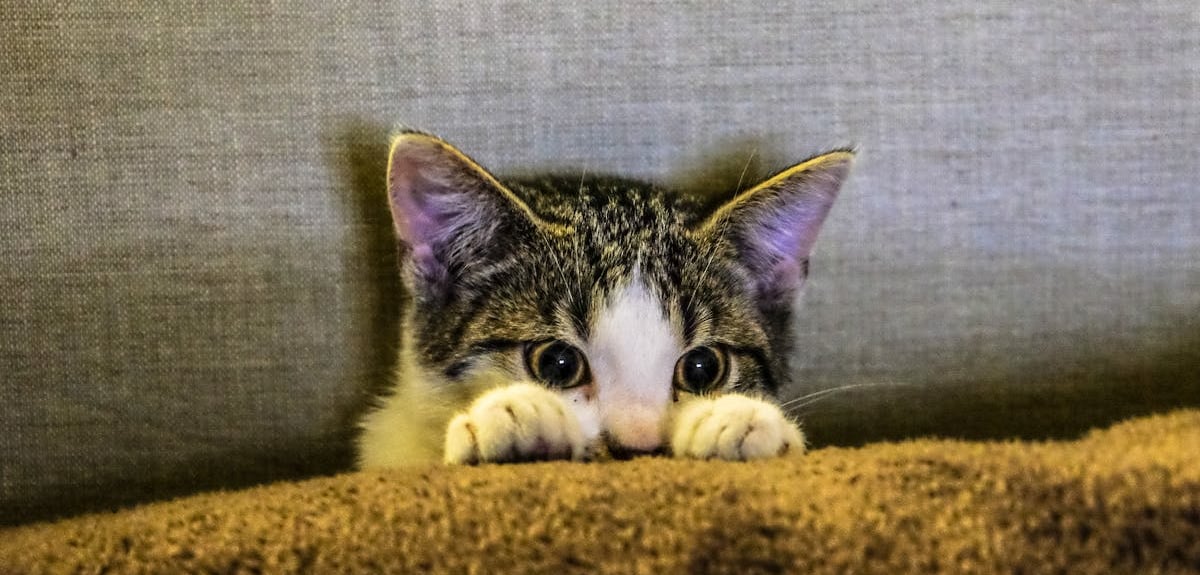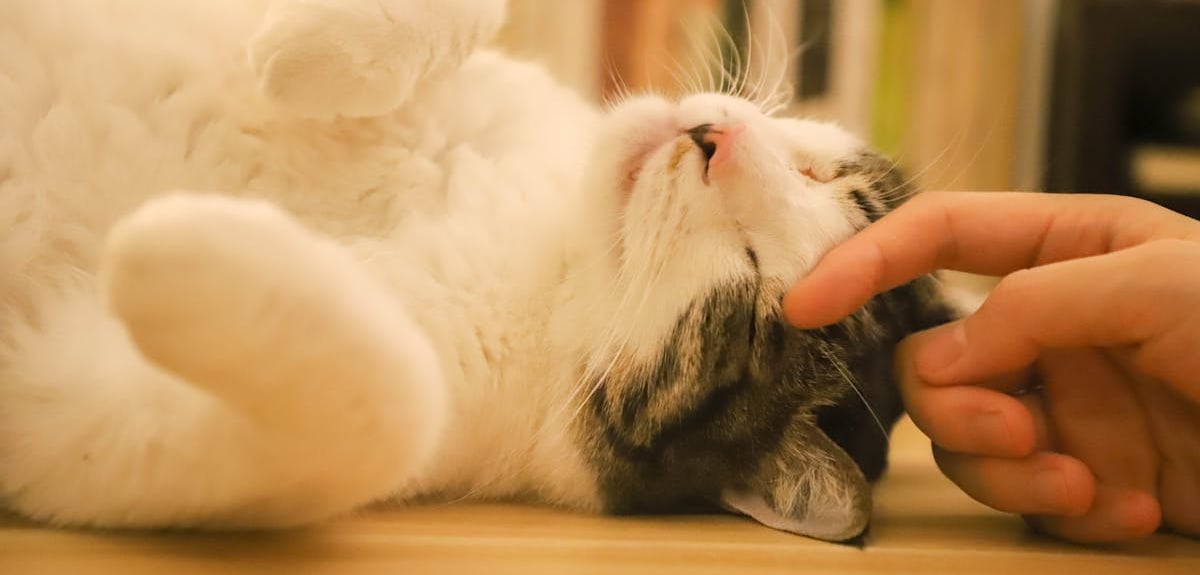Guaranteed Comfort and Complete Care for Your Pet.

Cat Vomiting with No Other Symptoms: Tips for Pet Owners


Seeing your cat vomiting with no other symptoms can leave you concerned and unsure of what to do. While occasional vomiting might not seem alarming, it’s important to understand possible causes and when to act. Persistent vomiting can indicate underlying health problems requiring attention. Regular health check-ups and preventative care can reduce these risks. For expert advice and reliable care, Petland Wellness Dubai offers comprehensive wellness services to keep your cat in good health. With proper observation and timely action, you can address this issue effectively and ensure your cat stays happy and healthy!
Common Reasons for Cat Vomiting
Cats may vomit for several reasons, with hairballs being one of the most common. During grooming, cats ingest fur that can accumulate in their stomachs. When this happens, the body tries to expel it through vomiting. Eating too fast is another frequent cause. Cats that gulp down their food may experience stomach irritation, leading to vomiting. Sometimes, they may swallow unusual items like grass, small objects, or even scraps from the floor, which can also upset their stomach.
Persistent cat vomiting with no other symptoms may require a visit to the vet for proper diagnosis.
Sudden changes in diet often play a significant role. Switching cat food brands or introducing new types of food without a gradual transition can disturb their digestive system. Also, some cats have food allergies or sensitivities that can cause occasional vomiting after meals.
If vomiting becomes persistent, it might indicate something more serious. Mild infections, intestinal parasites, or digestive conditions could be contributing factors. In rare cases, it might even point to an obstruction or organ-related issue. If your cat continues to vomit without improvement, visiting an emergency vet Dubai pet owners trust is a must. A thorough check-up, including tests and evaluations, can uncover the root cause and guide appropriate treatment. Acting promptly ensures your cat's health is protected and prevents potential complications from escalating.
Stress and Its Impact on Digestion
Stress can directly affect a cat’s digestive system, potentially leading to cat vomiting with no other symptoms. Environmental changes, such as new pets, unfamiliar visitors, or moving to a different home, can increase anxiety in cats. To help reduce stress, create a calm and stable environment for your pet. Offer them a safe, quiet space where they can retreat and feel secure when overwhelmed. Interactive toys, regular playtime, and soothing pheromone sprays are also effective in keeping stress levels manageable. If vomiting aligns with specific stressful events or changes, it’s a good idea to discuss behavior management strategies with your vet.


A calm, stable environment is important for your cat!
Should You Be Concerned About Cat Vomiting with No Other Symptoms?
Occasional vomiting in cats is usually not a cause for immediate concern. However, it’s important to observe your cat’s behavior closely when vomiting occurs. Ensure they are drinking enough water, as dehydration can worsen the situation. Keep an eye on their energy levels and appetite. If your cat seems active and is eating normally, the vomiting may be a one-time event.
On the other hand, frequent vomiting or vomiting accompanied by other symptoms like weight loss, weakness, lethargy, or lack of appetite should not be ignored. These could be signs of an underlying health issue that needs prompt attention. Conditions like food allergies, digestive disorders, or infections could be contributing factors. Consulting a veterinarian can help identify the root cause and determine the best course of action.
Preventive care is key to maintaining your cat’s health. Regular wellness checks, proper diet management, and keeping up with cat vaccinations are critical in reducing the risk of serious health concerns. Proactive care not only ensures your cat’s well-being but also helps address potential issues before they become severe. Always act swiftly when your cat’s health shows unusual changes.
How to Help Your Cat?
Managing or preventing vomiting in cats involves simple steps:
Adjust meal sizes: Offer smaller, more frequent meals to prevent overeating, which often leads to vomiting. Slow-feeding bowls can also help cats that eat too quickly.
Groom regularly: Brush your cat often to reduce hairball formation, especially if they have long fur. This minimizes the risk of vomiting caused by ingested fur.
Choose high-quality food: Stick to premium cat food to support digestive health. Gradually transition to new food over several days to avoid stomach upset.
Ensure hydration: Provide fresh, clean water at all times. Proper hydration helps maintain a healthy digestive system and reduces the likelihood of dehydration-related vomiting.
Monitor dental health: Schedule regular visits to a cat dentist to address any dental issues that could indirectly affect your cat’s stomach or digestion.
By following these steps, you can reduce the chances of vomiting and keep your cat healthy and comfortable. Observing their habits and addressing changes promptly will also contribute to their overall well-being.
The Role of Play and Exercise
Active cats are generally healthier and less prone to digestive problems. Regular exercise helps maintain a healthy weight and supports proper digestion. Engage your cat with toys, climbing trees, or puzzle feeders to keep them active. Cats that eat out of boredom may also benefit from play, which can reduce overeating and its associated digestive issues.


Consult a professional if vomiting persists or other symptoms develop alongside it.
Your Cat’s Health is in Your Hands!
Cat vomiting with no other symptoms can often be managed with observation and simple care. However, frequent or severe vomiting may require professional help to rule out underlying issues. Understanding your cat’s needs and staying proactive with their health ensures a happier and healthier life. Regular vet visits, proper nutrition, and maintaining a stress-free environment are crucial for preventing potential problems. Monitoring your cat closely allows you to detect changes early and take timely action. Cats rely on their owners to ensure their well-being, so staying attentive to their behavior is very important. Take the time to provide the care they need and consult a professional if concerns arise!

